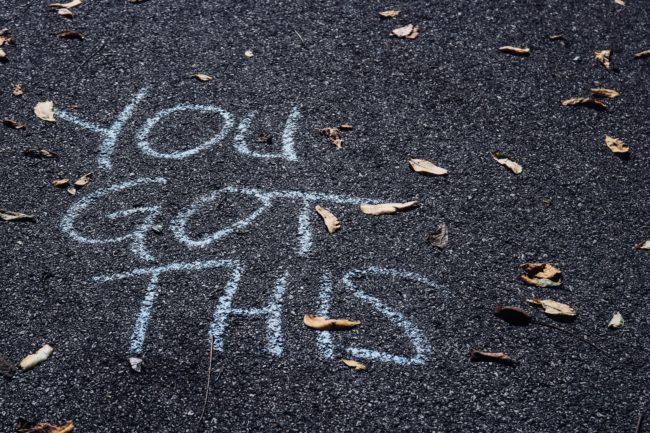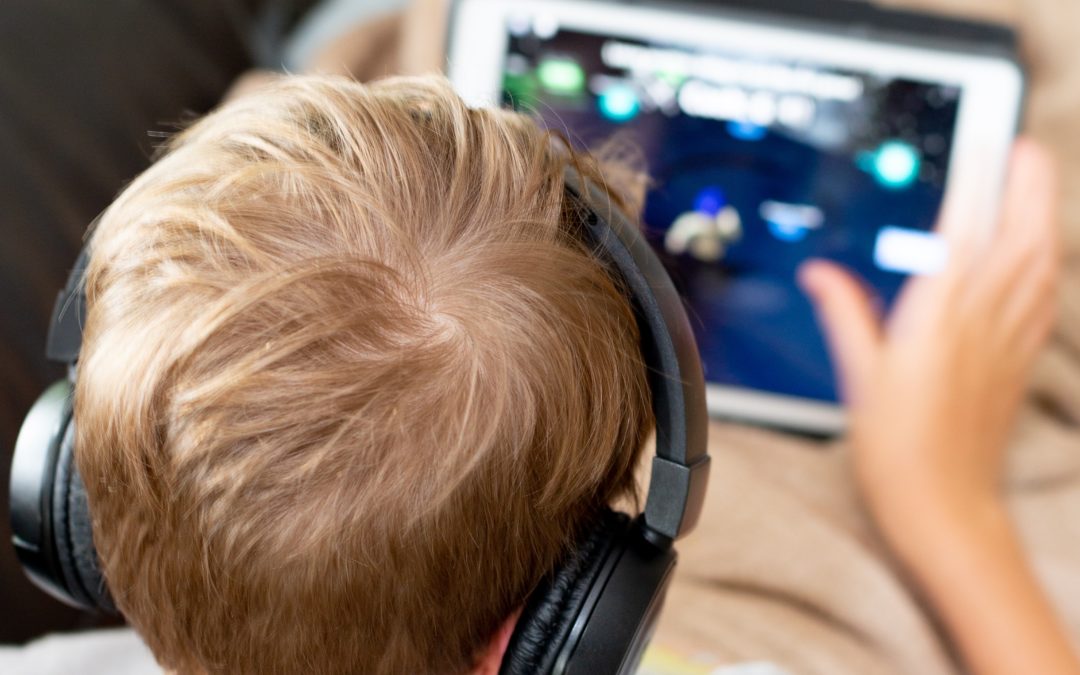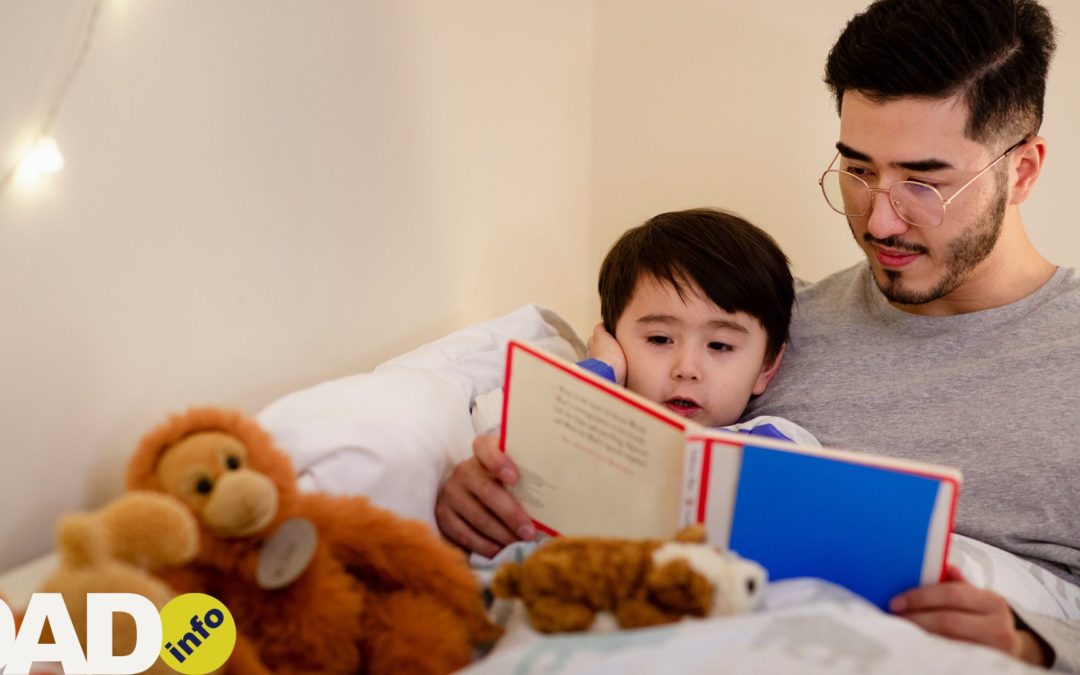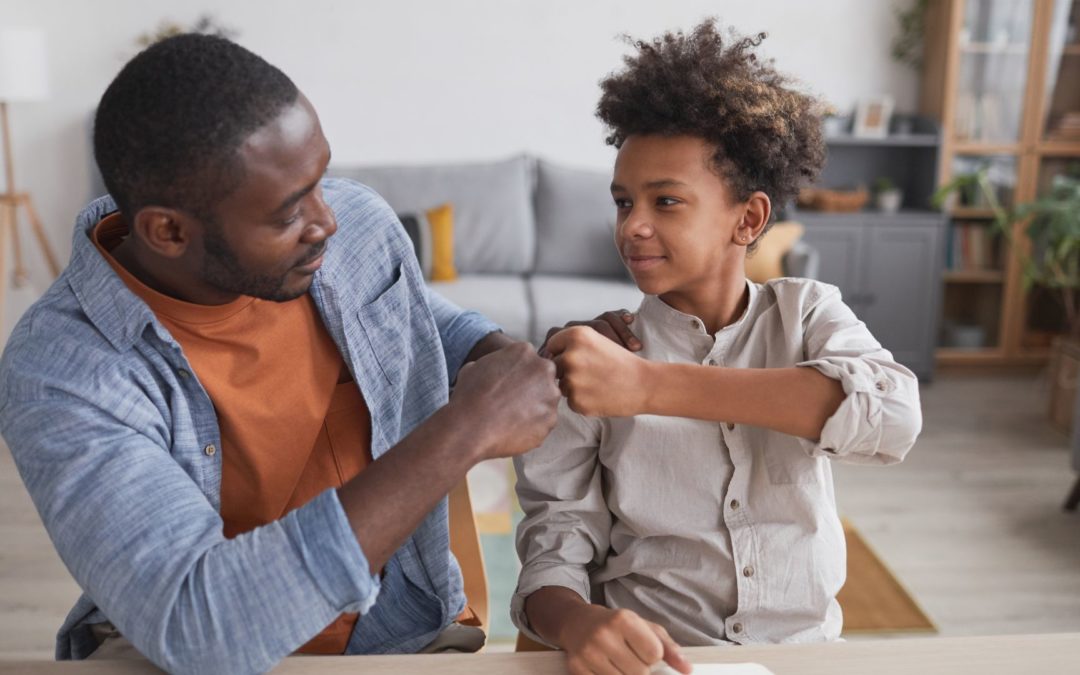
When Joel’s daughter Jade walked out of a bathroom with cuts on her arms, his world collapsed beneath him.
However, what grew from the pain was his family’s learning how to support their daughter, which they turned into a foundation helping others.
Jade’s struggle
‘We were seeing lots of ADHD traits in Jade, lack of concentration and finding it difficult in classroom situations,’ explains Joel. ‘One afternoon Jade was lying on our trampoline just sobbing. It was a different cry we had never heard before- a gutteral sobbing. It turned out that at the age of 10 she was having a breakdown. She was saying ‘I’m stupid, I can’t keep going at school.’ The stress of trying to keep up with her friends had broken her.’
A private specialist diagnosed Jade with ADHD, and in a bid to support their daughter, the family moved to Devon for a specialist school. However, with Joel working 5 days a week in London and the rest of the family in Devon, cracks began to show.
‘Jade became thin. She was becoming more and more dark. I thought maybe it was a goth stage,’ says Joel. ‘I thought that my role was provider and that everything would be alright if I was providing. But then one day there was a horrible evening where Jade came out the bathroom and I saw these horrible cuts on her arms. As soon as I saw them I knew what it was.’
Joel and his wife Claire discovered that Jade had been self-harming daily for a number of years. She also had an eating disorder and was so depressed that she had made plans to commit suicide.
(Please note- if you feel your child is at risk of suicide or has been self-harming, it is always advisable to take them to A&E).
Provider versus carer
Joel came to realise that his intense working schedule had impacted Jade. ‘I felt like if I could just make lots of money everything would be fine,’ he says. ‘I think me being so work-focused caused a lot of angst in Jade. Children can’t rationalise some situations in their lives and it can cause anxiety- ‘Is his work more important than me?’ I didn’t even realise she had resentment towards me’.
The search for help
Joel and Clare contacted their GP, however a referral to children’s mental health services came with a long waiting list. Priority was given to youths who had already attempted suicide. ‘It’s like your house being on fire, calling the fire brigade and them saying we cant help you unless the roof falls in,’ says Joel.
The parents tried a private therapist but Jade was unresponsive to their approach. In desperation, Claire realised that as nothing was working, they’d have to try and help Jade themselves.
The approach that they tried helped Jade recover, and became the foundation for their course, the Horizon Plan. ‘Parents can feel unqualified to help, but that’s wrong,’ says Joel. ‘If parents can create a loving, supportive environment then that will help.There is an invaluable and central role that parents can hold.’
The first step: knowledge
Joel found that he and his wife Claire had to understand what their daughter was going through. For parents there can be confusion and myths around self harm. It may be interpreted as a way to get attention- which is false. Self harm is a way that those suffering try and manage mental health problems and is a response to anxiety, depression, and low self esteem.
‘When you have strong emotional feelings they can become overwhelming. The physical act of cutting yourself, burning yourself, or pulling your hair releases endorphins. Its a natural anaesthetic to the emotional pain,’ explains Joel. ‘But then that’s worn off and you still have the mental health problems but you also have the shame of the self harm. It becomes a self-compounding spiral.’
Stage 2: self care
‘The second stage is really important- we call it ‘get your own oxygen mask on first’,’ says Joel. ‘Most parents are extremely traumatised and off-balance when they learn their child is self-harming. Not only is it no good for the parents but also it’s no good for the child to see their parents falling apart. Children need to see strength. They need to know you’ve got this. So- fake it til you make it.’
The plan suggests relaxation and de-stressing strategies for parents to enable them to be strong for their children.
Stage 3: bonding
Unfortunately, troubled teens are often extremely withdrawn. ‘You can’t help someone who doesn’t want to be helped,’ explains Joel. ‘There has to be time and energy spent on building the relationship- it has to be earnt. You’ve got to commit to them. They’ll try and push you away and test your commitment to see if you’ll abandon them. But if you invest in that relationship they’ll be open to your help.’
The healing stage
When a child has become open to speaking with their parents, plus in most cases a professional, they can process the trauma they’ve experienced and problems in their lives.
Finding their purpose and flourishing
Last is the ‘growing’ stage. ‘This is where parents can help the young person understand themselves- their character type- and their value. We suggest they work at their passions- whatever it is- my daughter loves kickboxing,’ says Joel.
The plan also aims to help youths identify their purpose, which in turn builds self-esteem. This tunes them in to a more positive mindset and is the key to resilience.
A new life for Jade and her parents
‘Jade’s purpose is to end the teenage mental health crisis. She wants to be the person she wished would have come and helped her,’ says Joel. She has become an accomplished speaker on mental health and is in popular demand amongst schools in her area.
As for Joel and Claire, they realised there was a need for assistance in supporting those who self harm, and created The Horizon Plan.
The course can be downloaded at their website.
Further information and support
Fegans- Counselling and Mental Health Support for Children
A Dad’s Guide to Kid’s Mental Health









